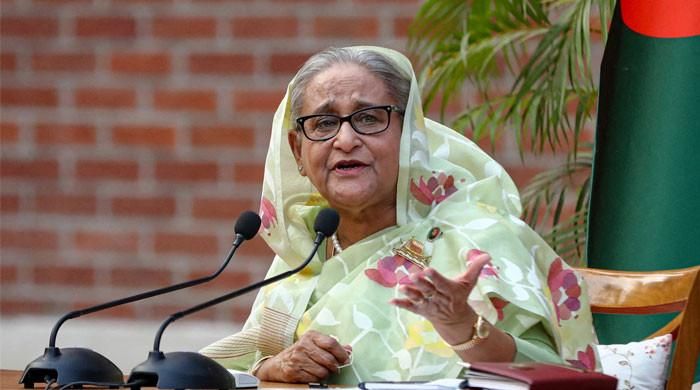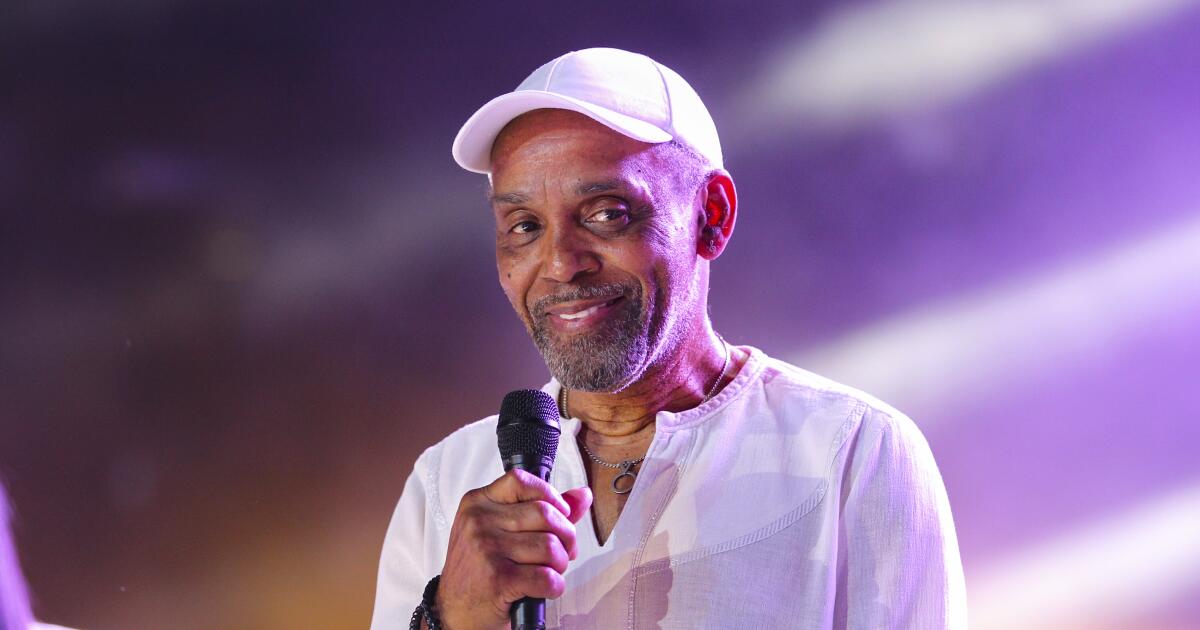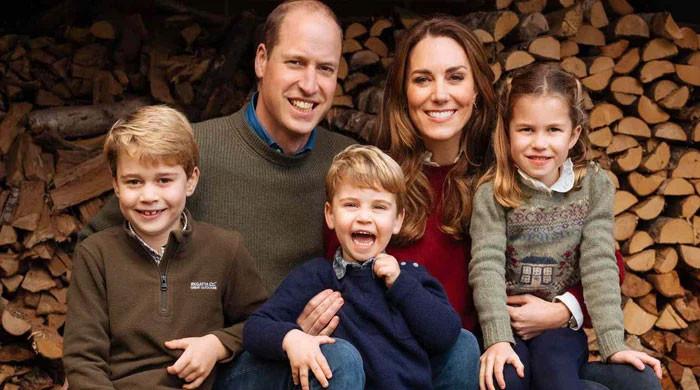Bangladesh Prime Minister Sheikh Hasina resigned and left the country on Monday, media reported, as more people were killed in some of the worst violence since the South Asian nation's birth more than five decades ago.
Hasina and her sister have been taken to a “safe haven” away from their official residence, a government source said. Reuters.
“You see, the situation is very volatile. What is happening, I myself do not know,” said Justice Minister Anisul Huq. Reuters.
Student activists had called for a march to the capital Dhaka on Monday, defying a nationwide curfew to pressure Hasina to step down, a day after deadly clashes across the country killed nearly 100 people.
As protesters began marching in some places, armoured personnel carriers and troops patrolled the streets of the capital, Reuters TV showed. There was little civilian traffic except for a few motorbikes and three-wheeled taxis.
At least six people were killed in clashes between police and protesters in the Jatrabari and Dhaka Medical College areas on Monday, the Daily Star newspaper reported. Reuters could not immediately verify the report.
Police fired stun grenades in some parts of the city to disperse small groups of protesters, the Bengali-language newspaper Prothom Alo reported.
Elsewhere, thousands of protesters surrounded law enforcement officers stationed outside a key building, he said.
Army chief General Waker-Uz-Zaman, who was scheduled to address the nation at 2:00 p.m. local time (0800 GMT), will now do so at 3:00 p.m. (0900 GMT), an army official told Reuters. “He is holding talks with some interested parties outside the army. That's why the delay,” the official said.
The military spokesman's office had earlier said that “the public is asked to refrain from violence and be patient” until the army chief's speech, Prothom Alo reported.
Bangladesh has been engulfed in protests and violence that began last month after student groups demanded the scrapping of a controversial quota system in government jobs.
This led to a campaign to oust Hasina, who won a fourth consecutive term in office in January in an election boycotted by the opposition.
At least 91 people were killed and hundreds injured Sunday in a wave of violence in the country of 170 million people as police fired tear gas and rubber bullets to disperse tens of thousands of protesters.
A nationwide curfew has been in place since Sunday evening, railways have suspended services and the country's huge textile industry has shut down.
Bangladesh PM's son seeks help from security forces
The son of Bangladeshi Prime Minister Sheikh Hasina has urged the country's security forces to block any attempt to seize power.
“Their duty is to keep our people safe and our country safe and to defend the constitution,” US resident Sajeeb Wazed Joy said in a Facebook post.
“It means not allowing any unelected government to come to power for even a minute. It is your duty.”
Joy, who is also Hasina's information and communications technology adviser, warned that Bangladesh's progress would be threatened if she was forced to step down.
“All our development and progress will be wiped out. Bangladesh will not be able to recover from this situation,” he said.
“I don't want that and you don't want that either,” he added. “I, Sajeeb Wazed Joy, will not allow that to happen as long as I can.”
A senior aide to Hasina told AFP on Monday that the embattled leader's resignation was a “possibility” after being asked if she would step down.
“The situation is such that this is a possibility, but I don't know how it will happen,” said the aide close to the prime minister, speaking on condition of anonymity.
The military declared a state of emergency in January 2007 following widespread political unrest and installed an interim government for two years.












